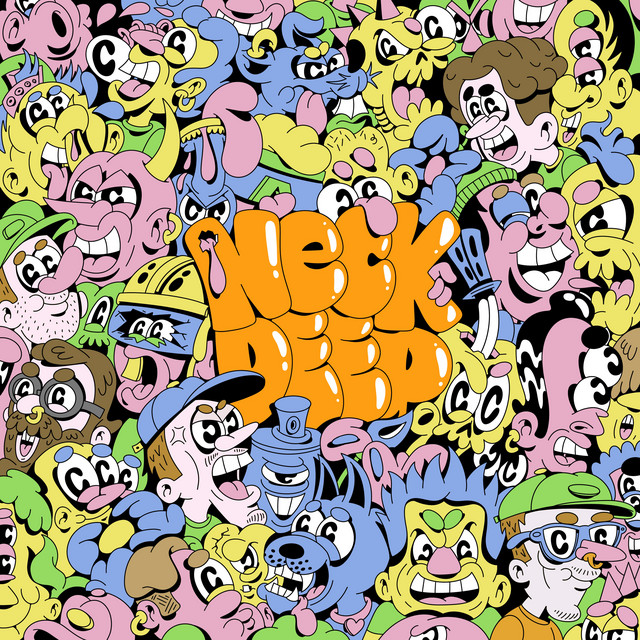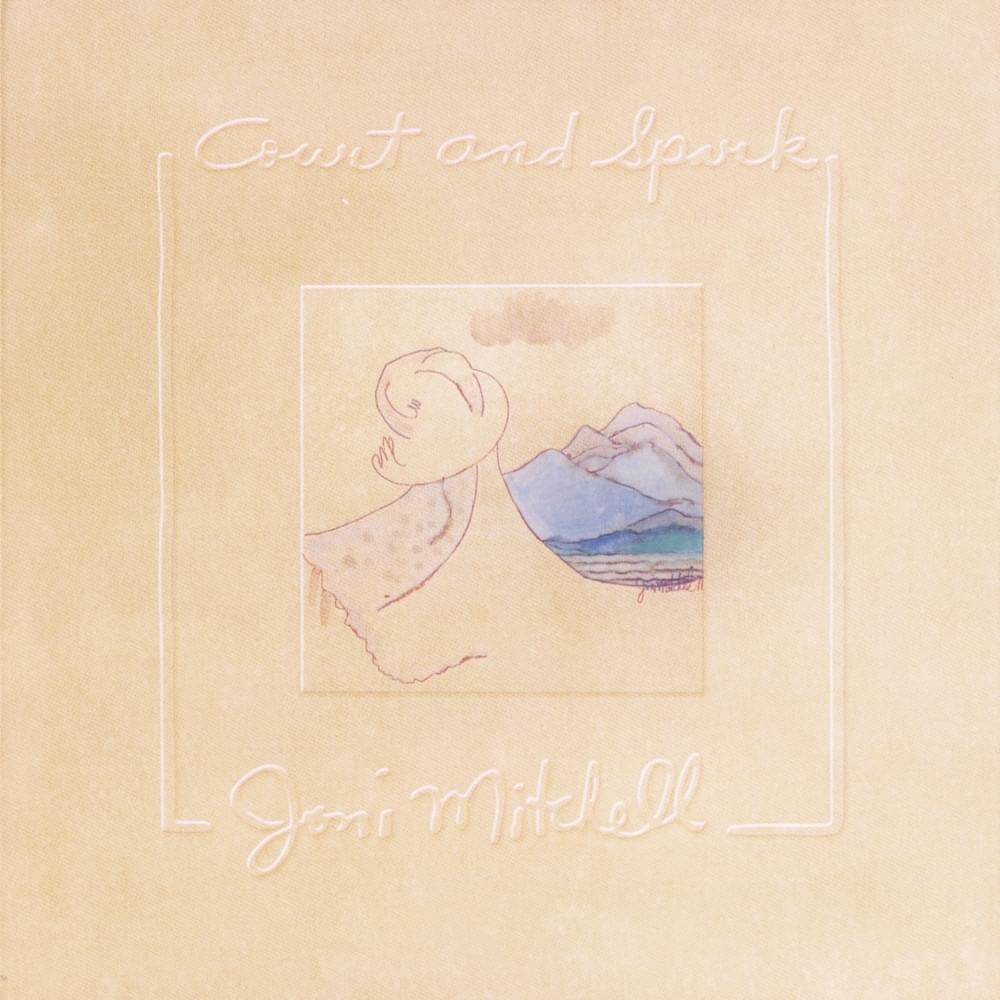There is a lot one could say about Of Montreal’s 13-record discography. Discordant at times, strangely open-hearted and cheery at the grim realities of lost loves and mental breakdowns, or simply whimsical even when frontman Kevin Barnes sings of his life through alter ego Georgie Fruit. But the one undeniable fact about the Of Montreal repertoire is: you can never say their albums stagnate.
Put another way, Of Montreal have been experimenting with a multitude of genres and sounds, sometimes to great effect and other times to a dizzying confusion. Take Hissing Fauna, Are You The Destroyer? (2007), a miasma of synth induced indie pop that poured Barne’s anxieties onto the floor and introduced the Georgie Fruit persona. Paralytic Stalks (2012) cut back on the krautrock influences from earlier releases and embraced a streamlined approach to songwriting, though for Barnes that simply means less Janelle Monáe features and more like if OK Computer–era Radiohead abandoned the melancholy of isolation for a deranged celebration of it.
Of Montreal’s last album, Lousy with Sylvianbriar (2013), was a swanky rock album with obvious nods to the band’s influences ranging from Bob Dylan, The Kinks, and early Rolling Stones. Hell, some of the tracks sounded like Led Zeppelin after a three day bender (“She Ain’t A Speaker”). It was a straightforward (for Of Montreal) and very confessional album with some of the group’s most accessible songs to date. Though their latest album, Aureate Gloom, continues this style as it bears plenty of unique moments to be a worthy addition to the Of Montreal catalog.
The opening track and album single “Bassem Sabry” is a perfect example of this. It immediately hits with a psychedelic, Panda Bear–esque distortion before abruptly shifting into a funk-laden groove that sounds straight out of the 1960s. In true Of Montreal style, the tune’s upbeat sound is juxtaposed against defeatist lyrics, most emphasized in the chorus line, “I just watched my hero fail/Now I’m in a dark and violent funk/Every leader is a cellophane punk/If you hear me say Yeah! (yeah!).” “Bassem Sabry” is the only track on the album that is not specifically self-referential about Barnes himself (as it is named after the famed Egyptian journalist and activist who died last spring).
In prior interviews, Barnes describes the album as the output of immense personal strife.
“I was going through a very stormy period in my life and felt like I was just completely trashed…to me the best albums are those that help people connect with an artist on a deep, human level and that do so without too much artifice or evasiveness,” he said.
“Empyrean Abattoir” encapsulates this storminess rather well. The first half of the song only has a bass line sustaining it while Barnes harmonizes with himself, crooning about someone’s mind as a killing floor and his inability to quell his anger “and not feel bitter about all the darkness you gave.” The latter half of the song then does an about-face and enters a frantic rock jam bordering on Brit-punk as Barnes triumphantly shouts “I won’t even feel the hateful vibing of your faction/It’s just a system of subjection/Whatever happened to your style?/Now no one cares who you are!”
There is a noticeable back-and-forth genre on Aureate Gloom. At times the album feels like an acid-laden The Strokes such as on “Virgillian Lots” or an homage to early punk a la Television or Wire on “Apollyon of Blue Room” with its staccatoed guitar and vocal choruses. For most other bands, this alternating tone would make their albums difficult to listen to, and while Of Montreal is not easy listening, the varying styles are held together by Barnes’ mercurial personality taking center stage throughout.
“Estocadas” is a prime example of this, sounding like desert blues sung on the outskirts of Madrid. It is the most jarring departure from the rest of the album’s tone yet manages to work thanks to Barnes’ self-critical lyrics and the band’s ability to scale back the eccentric bits to build up tension and a sense of grief.
The album’s closer, “Like Ashoka’s Inferno of Memory,” finds Barnes coming to grips with the anguish displayed on earlier tracks. Jumping between slow, melancholic self-loathing and jubilant shouts of severed emotional ties, it is a whirlwind of a track that both summarizes the entirety of the album preceding it while giving it satisfying closure.
Aureate Gloom is not an album that one can digest in one sitting. Some songs like “Bassem Sabry” are simple enough that their infectious catchiness does more than enough to make you enjoy it. The rest of the album, however, deserves repeat listens to fully appreciate what it is that Barnes is saying underneath all the pseudo-philosophy and wild imagery. Combined with some stellar musicianship from the band (the same roster that was on Lousy with Sylvianbriar) and Aureate Gloom is another standout album from one of rock’s most enigmatic artists today.
Aureate Gloom was released Mar. 3 by Polyvinyl Records















